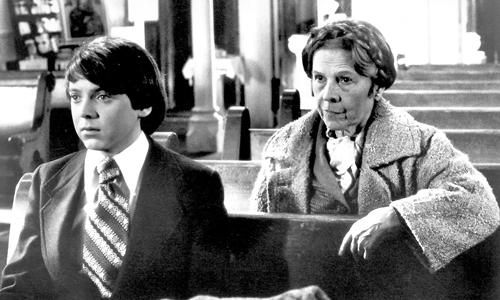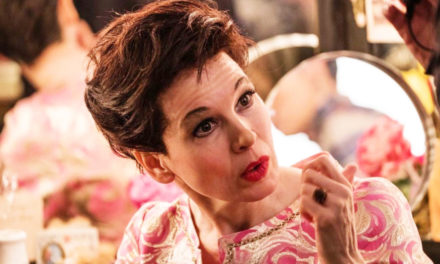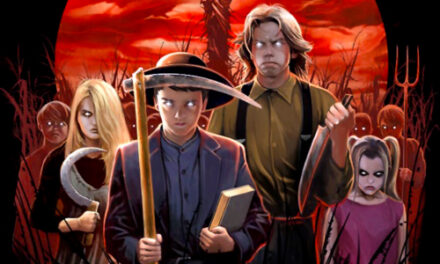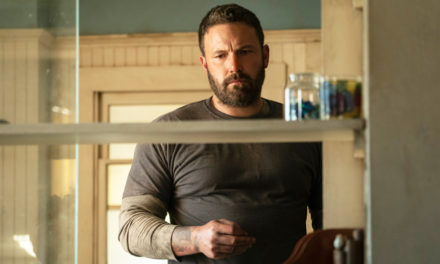
The name Hal Ashby may mean nothing to the casual filmgoer. If it doesn’t, then it should. Ashby had a nearly unprecedented run of critically acclaimed films that ran roughly the entire course of the decade of the 1970s. This fondly remembered output fittingly began in 1970 with the release of The Landlord and ended in 1979 with the Academy Award nominee, Being There. The latter of which was filmed in our own neck of the woods at the Biltmore Estate in Asheville. In between those films, Ashby’s resume includes such heralded and lasting works as Harold and Maude, Shampoo, The Last Detail, Coming Home and Bound for Glory. And then no sooner had the decade of the 1980s begun Hal Ashby’s career went into a tailspin from which it was never to unfortunately never recover, culminating in his death at age 59 in 1988.
 Director Amy Scott wants to change all of that with her documentary portrait of the filmmaker, which is simply titled Hal. For those who don’t know the man behind this incredible artistic burst of creativity, Hal serves quite well as a primer on the man and what drove him. Most of his living colleagues are represented in the film courtesy of new interviews along with Ashby’s surviving family members. Scott lets the subjects do the talking and the portrait they paint is a complicated man who put his art above all other matters in his life. Sometimes to the detriment of the personal relationships in his universe as evidenced in the film by his absenteeism in his only daughter’s life.
Director Amy Scott wants to change all of that with her documentary portrait of the filmmaker, which is simply titled Hal. For those who don’t know the man behind this incredible artistic burst of creativity, Hal serves quite well as a primer on the man and what drove him. Most of his living colleagues are represented in the film courtesy of new interviews along with Ashby’s surviving family members. Scott lets the subjects do the talking and the portrait they paint is a complicated man who put his art above all other matters in his life. Sometimes to the detriment of the personal relationships in his universe as evidenced in the film by his absenteeism in his only daughter’s life.
The film presents the events in Hal Ashby’s life in mostly linear fashion. Scott illustrates the trajectory of the man’s life beginning with his hardscrabble Mormon upbringing, his fathering a child at age 17 and subsequent abandonment of both wife and child in his quest to find work and an identity. Through sheer coincidence Ashby would land in the movie business where he worked his way up to the editing room and, under the tutelage of director Norman Jewison, graduated to directing films.
The period of his glory days in the decade of the 70s takes up the largest chunk of the film. If any complaints should be made in regards to the film it would be that perhaps Scott chooses to breeze past the latter part of Ashby’s life and his untimely demise a little too quickly.
I would like to have known a little bit more about Ashby’s great fall from grace and in greater detail. Even so, Hal is a very interesting portrait of an unjustly forgotten artist that deserves to be seen as much as he deserves never to be forgotten. For that reason, I’m glad this film exists.
Image: Bud Cort & Ruth Gordon in Harold & Maude
Hal starts Friday at the Aperture Theater in Winston Salem.
Questions or comments? Write Adam at [email protected].









